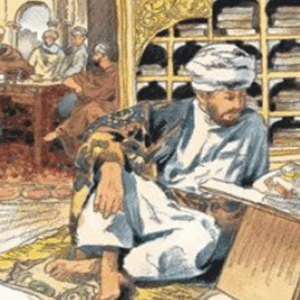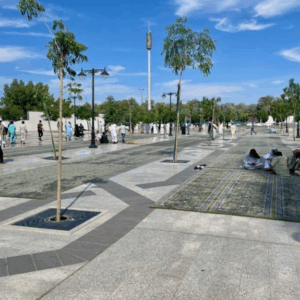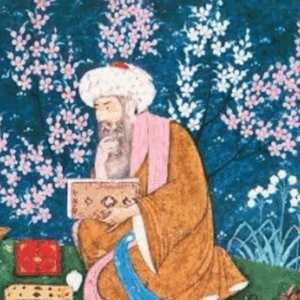The Sahabas of Prophet Muhammad (ﷺ)
The companions of the Prophet Muhammad (ﷺ), known as the Sahabas, are among the most honored
and admired people in Islamic history. Their deep faith, sacrifice, and dedication to the Prophet left a
powerful legacy that continues to guide Muslims today.
Who Were the Sahabas?
The word “Sahaba” (singular: Sahabi) refers to the men and women who:
-
Lived during the time of Prophet Muhammad (ﷺ)
-
Met him personally
-
Believed in his message
-
Followed him with sincerity and devotion
These companions came from all walks of life—rich and poor, strong and weak, leaders, merchants,
warriors, and even former enemies of Islam. What united them was their love for Allah and His Messenger.
The Prophet (ﷺ) said:
“The best of people are those of my generation, then those who come after them, then those who come after them…”
(Sahih al-Bukhari, 6429)
This hadith highlights the special status of the Sahabas.
Why Are the Sahabas So Important?
1. Witnesses to Revelation
The Sahabas personally saw the Quran being revealed and learned directly from the Prophet (ﷺ). Their understanding of Islam is considered the most authentic and closest to the original teachings.
2. Role Models for All Muslims
Their lives show what true faith, courage, patience, and good character look like. Muslims look up to them as examples of how to live according to Islamic principles.
3. Guardians and Teachers of Knowledge
Many Sahabas memorized the Quran and narrated thousands of hadiths. They became the first teachers of Islam, ensuring that its teachings were preserved for every generation.
Famous Sahabas and Their Contributions
While thousands of Sahabas supported Islam, here are some of the most well-known:
1. Abu Bakr As-Siddiq (RA)
The Prophet’s closest friend and the first caliph of Islam. His belief was so strong that he was given the title “As-Siddiq” (The Truthful).
The Prophet (ﷺ) said:
“If I were to take a close friend, I would have taken Abu Bakr.”
(Sahih al-Bukhari, 3656)
2. Umar ibn al-Khattab (RA)
The second caliph, famous for his justice, strength, and leadership. During his rule, Islam expanded rapidly.
The Prophet (ﷺ) said:
“If there were to be a Prophet after me, it would have been Umar.”
(Jami` at-Tirmidhi, 3686)
3. Uthman ibn Affan (RA)
The third caliph and the person who compiled the Quran into a single, unified book. He was known for his generosity and shyness.
Even the Prophet (ﷺ) adjusted his clothing out of modesty when Uthman entered, saying:
“Should I not show modesty to a man whom even the angels are modest toward?”
(Sahih Muslim, 2401)
4. Ali ibn Abi Talib (RA)
The fourth caliph, the cousin of the Prophet (ﷺ), and one of the earliest Muslims. He was known for his knowledge, bravery, and deep understanding of Islam.
The Prophet (ﷺ) said:
“I am the city of knowledge and Ali is its gate.”
(Sunan Tirmidhi, 3723)
5. Aisha bint Abi Bakr (RA)
A beloved wife of the Prophet (ﷺ), Aisha was one of the most knowledgeable women in Islamic history. She narrated more than 2,000 hadiths and greatly contributed to Islamic law and scholarship.
Lessons We Can Learn From the Sahabas
1. Strong Faith and Sacrifice
The Sahabas faced hardships, persecution, and battles, yet they stayed firm in their belief. Their perseverance reminds us to trust Allah in difficult times.
2. Humility and Service
The Sahabas served their community with sincerity and selflessness. They showed that greatness comes from humility, not power or wealth.
3. Unity and Brotherhood
They broke barriers of race, tribe, and social class. Islam united them under one purpose—to worship Allah and follow His Messenger.
Conclusion
The Sahabas of Prophet Muhammad (ﷺ) are shining examples of faith, character, and dedication. Through their sacrifices, Islam spread across the world and its teachings were preserved with accuracy and care.
Their stories inspire Muslims to:
-
Strengthen their faith
-
Serve their communities
-
Improve their character
-
Stay united
By learning from the Sahabas, we connect ourselves to the earliest and purest generation of Muslims—those who walked with the Prophet (ﷺ) and lived his message with devotion and love.




